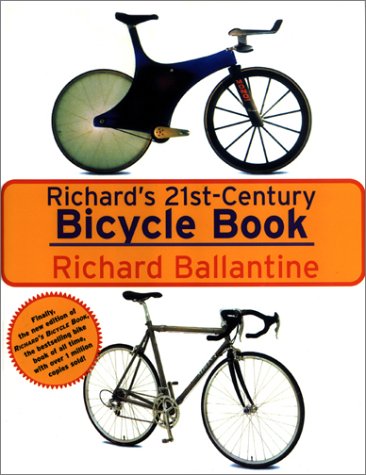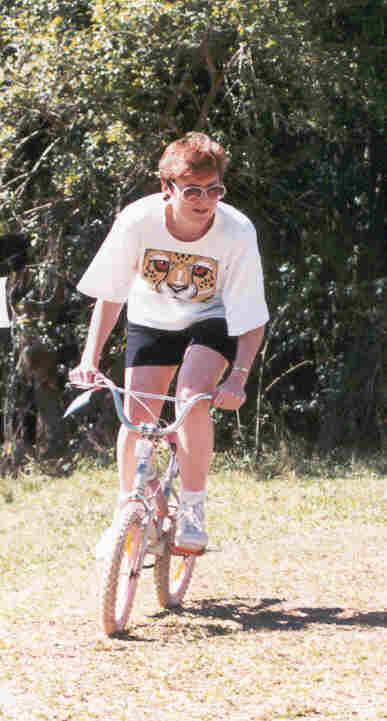|
One learns by doing a thing; for though you
think you know it, you have no certainty until you try.
- Sophocles (BC 495-406,
Greek Tragic Poet)
If you had learned how to ride a bicycle by reading a book,
how long do you think it would have taken you? The truth is,
to learn how to ride a bicycle, you have to ride a bicycle.
No matter how much you study, how much you talk about it,
you still won't know how to ride until you experience it yourself.
 We
have all been learning by experience all of our lives. Whether
learning to ride a bicycle, or learning to be successful
in business, learning by experiences - experiential learning,
is key for results. We
have all been learning by experience all of our lives. Whether
learning to ride a bicycle, or learning to be successful
in business, learning by experiences - experiential learning,
is key for results.
There have been numerous models of the "six keys of quality" or the "five factors of excellence". But what do the words "quality" and "excellence" really mean? If you ask three different people, you will probably get three different answers. More importantly, even if similar words are used, each person will be expressing something different, depending on their own past experiences.
Imagine how much more effective you would be if your team had a common experience of understanding; a common experience of what the words really mean. Experiential Programs use games and activities that simulate real situations. They enable you to expand your understanding of key concepts required for success, such as quality, teamwork, communication, leadership, and alignment. We customize each program to match your organization's unique situation.
Generally each activity in an experiential program focuses on certain key points and follows these steps:
- Briefing on the objective and rules for the activity
- Perform the activity
- Debrief the results, discussing the key points
The debrief is the most crucial part of the experiential learning process. This is the time when the experience is made useful, by asking the following questions:
- What were your results and behaviors in the activity?
- What, if anything, would you have done differently?
- How does this behavior reflect on behaviors and situations in the workplace and your life?
- How can your learning from this activity be used in the future?
In the business world, making mistakes can really cost you. In the experiences in a course room, mistakes are a part of learning and provide you an opportunity to get greater and greater distinctions; the Îah-ha!âs of life.
One of the most challenging aspects about life is that there are generally no "right answers". In this same way, experiential programs are not meant to give you the right answers, but to give you the experiences that will enable you to make better, more informed decisions when you are faced with similar situations in the real world
|